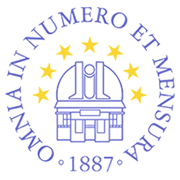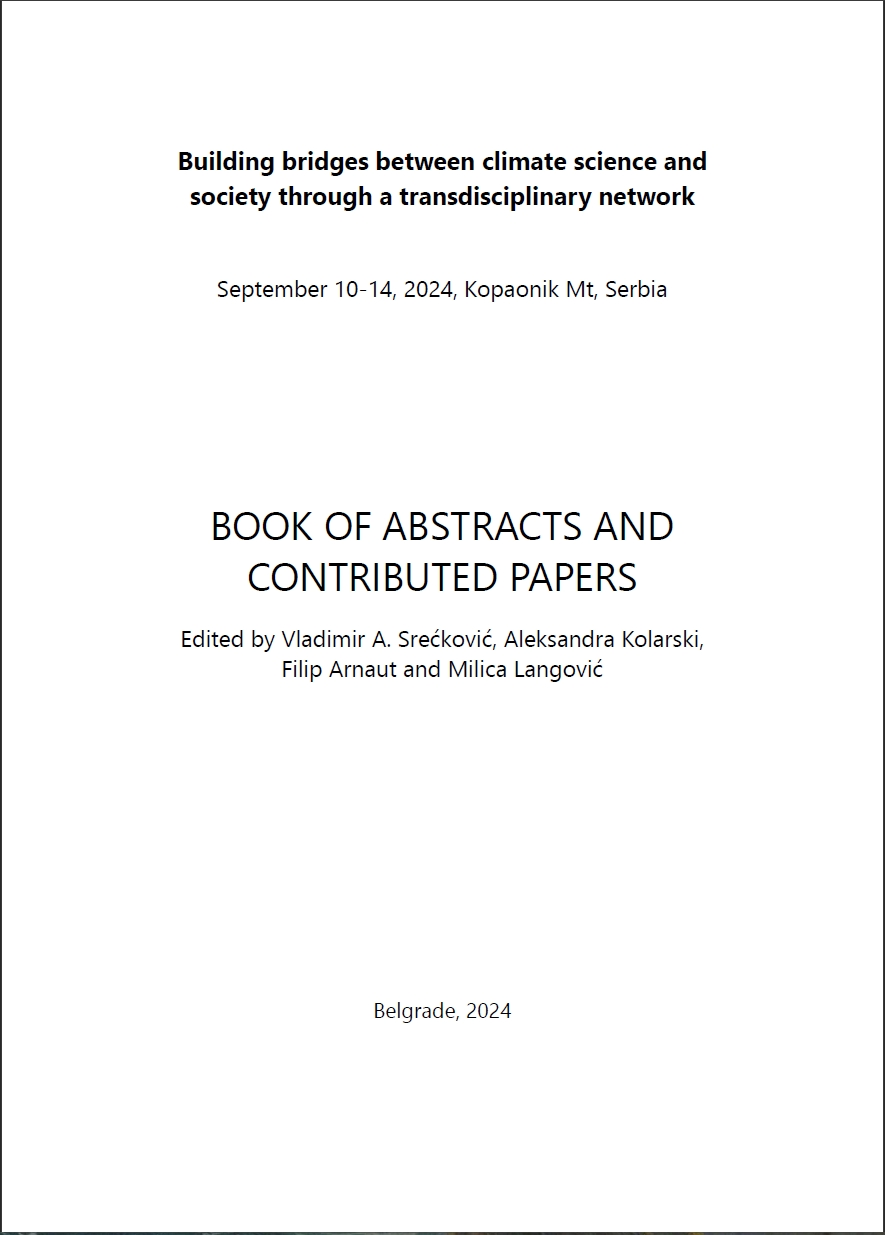THE EUROPEAN COOPERATION IN SCIENCE AND TECHNOLOGY - OPPORTUNITY FOR YOUNG RESEARCHERS TO STRENGTHEN THEIR CAREERS
Zoran Mijić and
Bratislav Marinković
Publication
BOOK OF ABSTRACTS AND CONTRIBUTED PAPERS: Building bridges between climate science and society through a transdisciplinary network, Page 89-91, https://doi.org/10.69646/bbbs2414
BOOK OF ABSTRACTS AND CONTRIBUTED PAPERS: Building bridges between climate science and society through a transdisciplinary network, September 10-14, 2024, Kopaonik Mt, Serbia, Edited by Vladimir A. Srećković, Aleksandra Kolarski, Filip Arnaut and Milica Langović
Published: 24. 11. 2024.
Abstract
COST (European Cooperation in Science and Technology) is the oldest intergovernmental funding organization in Europe with the aim to establish the research networks among scientists and innovators. It has become one of the greatest mechanisms for promoting international scientific cooperation in recent decades, with a considerable influence on the careers of young researchers. Proximity is highly critical for establishing scientific collaboration, but once established, scientists may maintain collaboration even across long distances. Participating in a COST Action, in this sense, fosters closeness by allowing scientists from various nations, research fields, and industries to meet and thereby overcome conventional boundaries (Seeber et al. 2022a). A particular focus of COST network is to assist early-career investigators and young scientists in developing new skills by providing opportunities to get involved in Action activities such as training schools, short- term scientific missions, workshops, conferences, etc. (Mijić and Marinković, 2024). In this paper the impact of participating in a COST Action on the level of scientific production of researchers coming from less-research-intensive COST Member countries,known as Inclusive Target Countries (ITC), will be presented. Some recent studies demonstrate a notable average increase in scientific co-publications among active action members, as well as interdisciplinary collaborations, and an increased involvement of early career researchers (Seeber et al. 2022b). COST Actions continue to have a favorable impact on young researchers' careers even after they are terminated. Participation in COST activities has become progressively competitive, with researchers from Serbia accounting for more than 90% of running Actions (Mijić and Marinković, 2022). To ensure effective participation in COST Actions, information on both new national and COST procedures will be provided and discussed, as well as an overview of currently available positions in running COST Actions.




